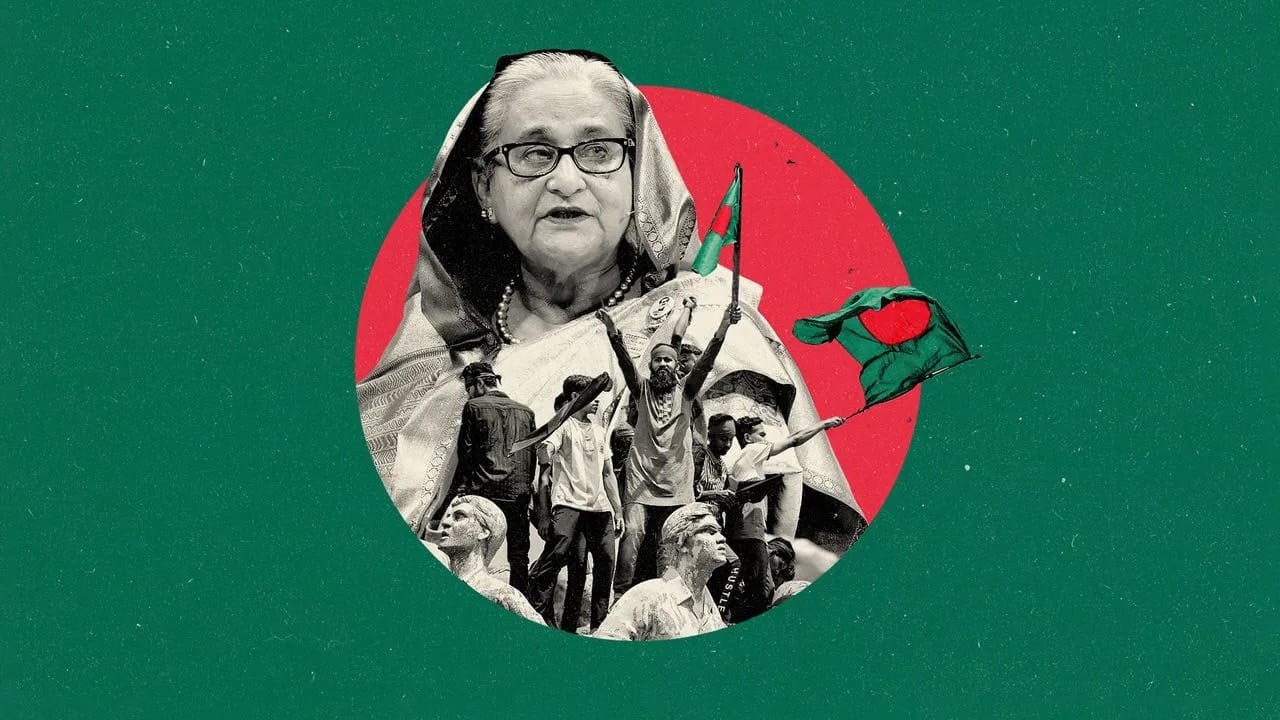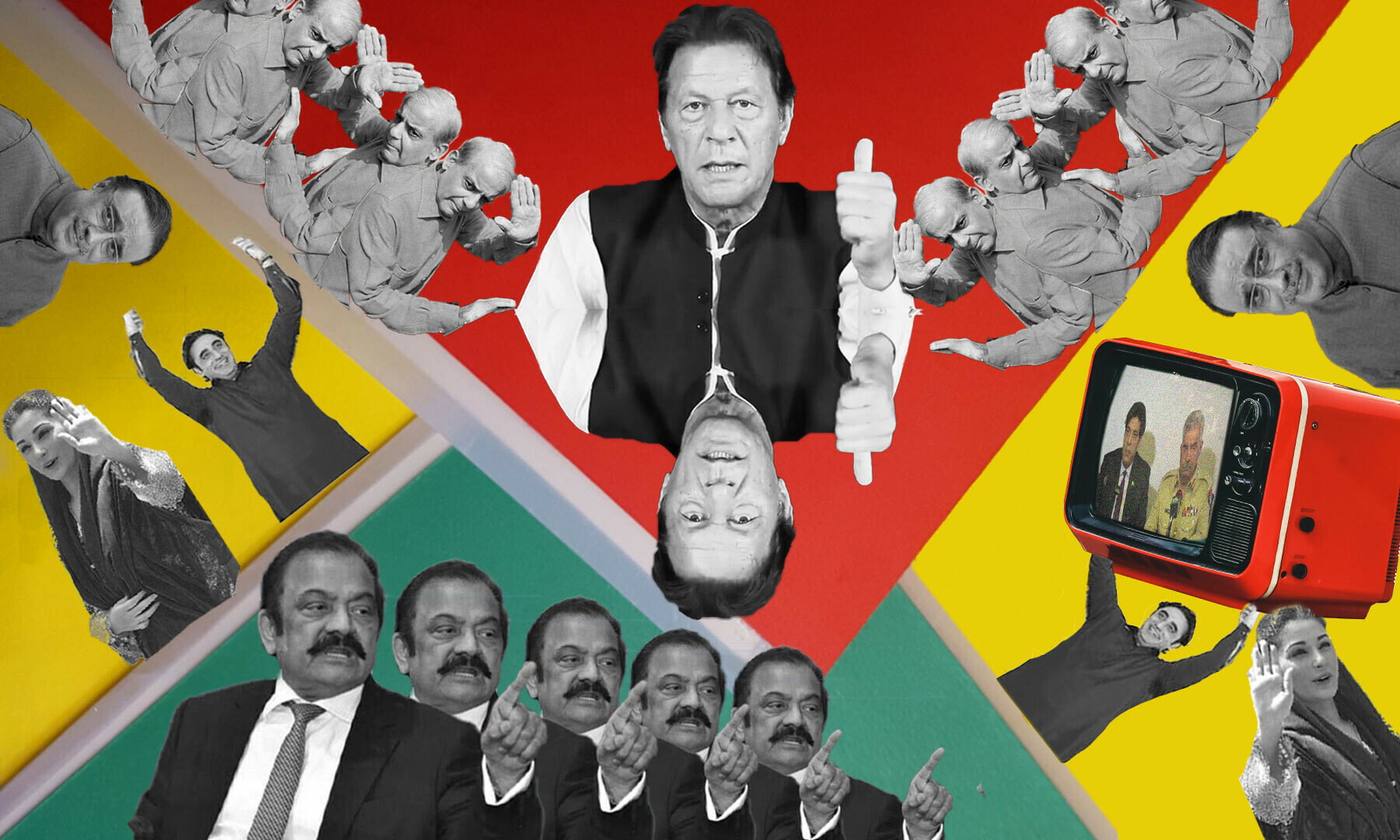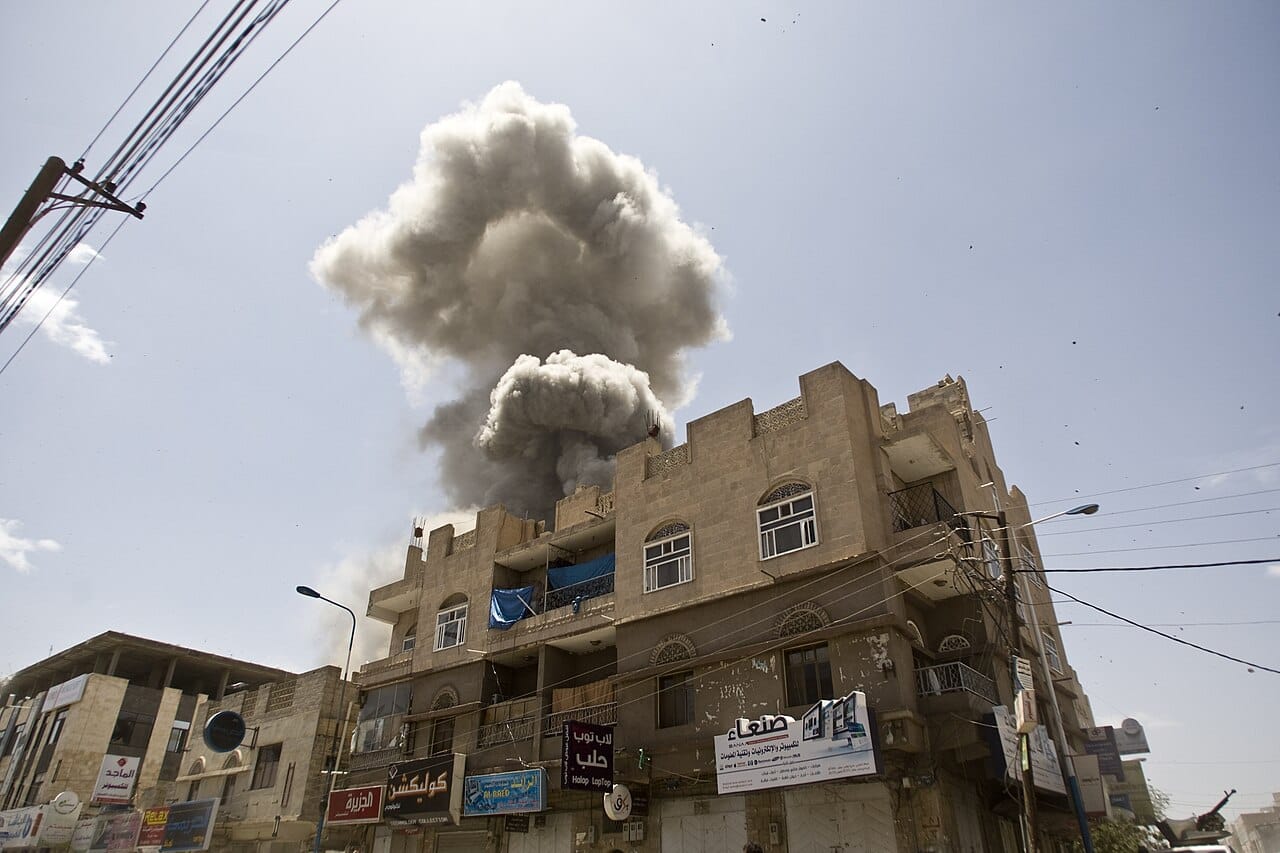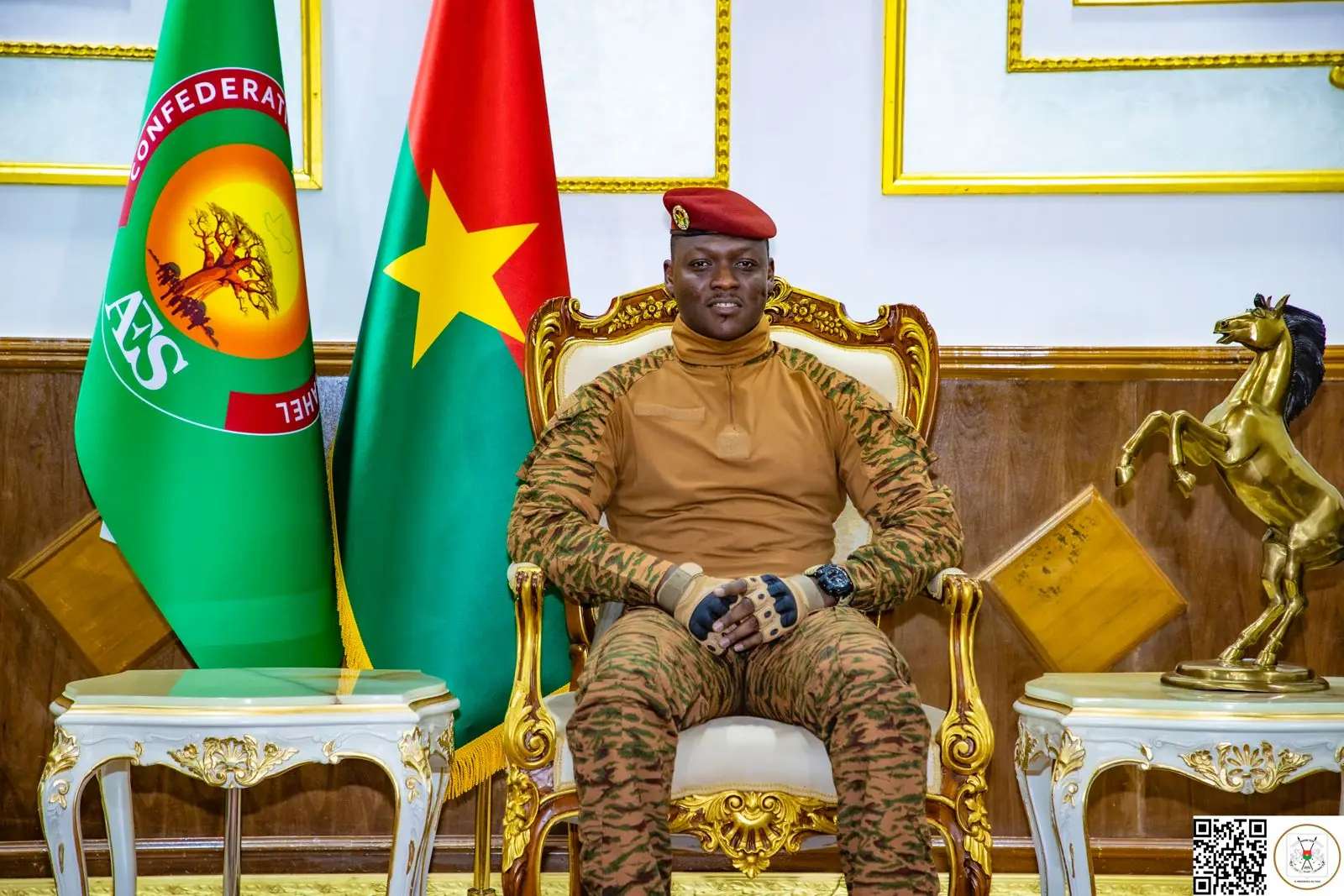The Clash of Ideologies and Bangladesh’s Unfolding Crisis
For days now, Indians have watched with bated breath as the violence in Bangladesh unfolds with the fall of Prime Minister Sheikh Hasina’s government. Concerns run deep about the attacks on Bangladeshi Hindus as well as for the potential hijacking by Islamist groups and a renewed accession to power. Fifty years ago, a poet by the name of Daud Haider was arrested by the then government of Sheikh Mujibur Rahman, tortured in custody, and then sent into exile. The Islamists who attacked him were never punished. To them, Haider committed blasphemy against their god. Haider’s poem was born out of deep despair—a young man’s response to the horrors that he had witnessed, committed in the name of religion. Indians have been conditioned to view Bangladesh as a battleground between two clashing ideologies: secular nationalists versus the Islamists.
But the story of Daud Haider shows how much more complicated reality is. There was public backing for the regimes after Mujibur Rahman’s murder, which reconciled with the 1971 jihadists and even let them rise to positions of power and authority. Before and during the colonial period, Bengal was a crucible for competing identity movements. On the one hand, the Farazi and Wahhabi movements used religion to organise poor Muslim peasants in East Bengal against their (mostly) Hindu landlords. At the same time as the Hindu revivalist movements in Bengal, sowed the seeds for competitive communalism, which emerged as the acquired language of politics in the region. One has only to go through the memoirs of Sheikh Mujibur Rahman to get the easy feeling that he could never imagine a safe future for the Bengali Muslims in a Hindu-majority country.
All the views and opinions expressed in this article are those of the author. Image Credit – The Economist
About the Author
Mohammad Taha Ali is currently pursuing a Master’s degree in Conflict Analysis and Peace Building from Jamia Millia Islamia (JMI). He also graduated from the University of Delhi with a degree in History. His interest areas are history, social issues, peacemaking, nuclear studies and geopolitics.



